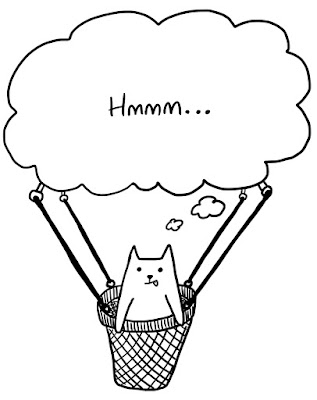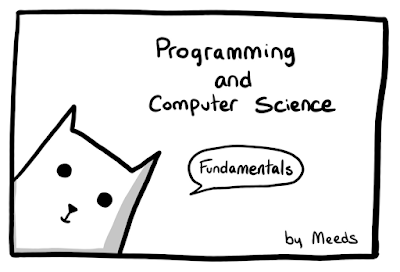Adventures in Thinking - What's Next?
Good Study Guide
- Taking in new ideas- Thinking through new ideas- Expressing newly formed ideasNorthedge, 1990
Technology and Society
One thing I've had an interest in is the interaction between humans and technology.
Whilst in college I spent a lot of time thinking about our interaction with music; the method with which we listen can affect the context and impact. I was a fan of concept albums; gatefold vinyl with beautiful stories and artwork, where listening to the album was an experience. I spent hours looking at Hipgnosis books and album art, stage design. This was around the time people were saying vinyl was a dying media.
I became aware that MP3s had changed the way I listened to music. I could download hundreds of hours of music, sift through it randomly, focusing only on single tracks. My first MP3 player showed only text on the screen, the artwork was gone. I could know songs and not even know who they were by. I could listen to music on the bus. My interaction with MP3s changed my listening habits.
I tried to imagine what might come next (though I always secretly knew vinyl would make a comeback because people would miss that 'experience'). Each technological advance brought new opportunities.
For instance, when Spotify first came about, it brought new opportunities for album artwork.
I imagined that we would have cinemagraph album covers in the future:
I haven't yet seen cinemagraphs but I did see looped music videos played full screen on the Spotify app.
I've always found Bjork's collaborations fascinating as for many years she has been working with people to push these technological boundaries; Biophilia has an interactive iPad app, Vulnicura has VR experiences, and her music was even used in an AI-empowered installation in a hotel in New York.
What's Happening Now
Later, in my dissertation, I wrote about the way in which it takes us time to become familiar with new technologies, how we learn to interact with them, how to make use of them. In turn, it takes time for the technologies to evolve, to become more user friendly or adapt to our uses. The art of "Immersion" and "Disruptive Wonder" were big topics for me; forgetting oneself, being absorbed by artwork more than ever before.
The world has changed quite a bit since then, the things I was fascinated with are over a decade old now. One a novelty; I've had a Facebook account for 14 years, been using a smartphone for around the same amount of time. The global pandemic (COVID19) has also ramped up my reliance on technology. I have electronic devices everywhere (even wearing one, my apple watch) and use them for everything; entertainment, advice, planning, creativity, etc. I use the cloud, streaming, notifications. I probably don't go more than about 5 minutes before consulting a device for something.
As I mentioned in the last 'Adventures in Thinking' article, Rebecca Green was taking a break to recalibrate herself with social media. She's not the only one. There are a whole host of books and documentaries about the effects of social media and technology on our lives. I think I'll do some reading into this.
What Next
There are new technologies on the horizon, namely AR (Augmented Reality), VR (Virtual Reality), and AI (Artificial Intelligence). I mean, they've been around for ages but they haven't become part of everyday life quite yet.
I've only had 2 experiences with VR as it's still quite expensive and niche. The concept of AR has been around for yonks. You can get AR apps on phones but there just isn't the hardware for glasses yet (as far as I know, no one has successfully made affordable, transparent screens). I feel AR and VR will take us a big step closer to our devices, allowing the digital world to leak out into our reality.
I've always liked the idea of creating synesthesia-like experiences to accompany albums. To really submerge someone in album artwork, a whole new level of experience.
AI is an interesting one because it's not so obvious what it actually is to a lot of people. And I have to admit I'm one of those people. I know small fragments of what it is, but I find it difficult to imagine the limitations in the same way I do other technologies. I'd certainly like to do more reading and research around this.
I'd like to learn more about these technologies, and other upcoming technologies, and explore our relationship with them.
References
Northedge, A. (1990). The Good Study Guide (Social Science General) (Course D103). Open University Worldwide.



Comments
Post a Comment